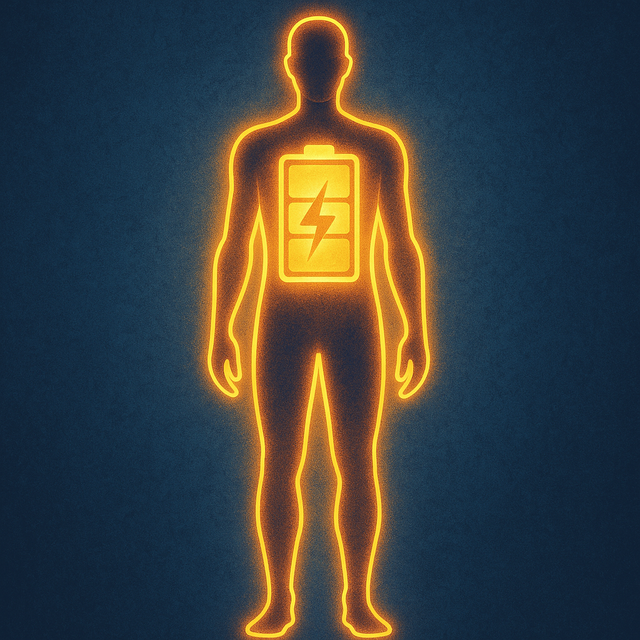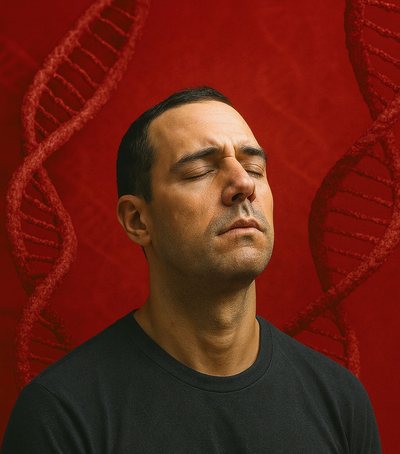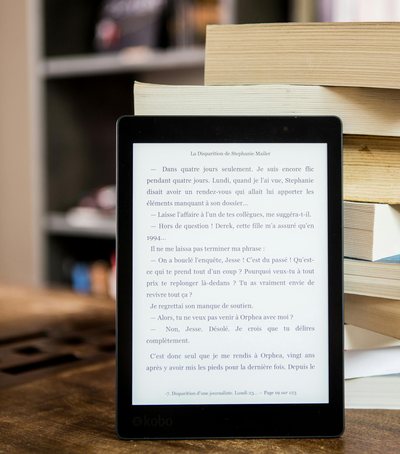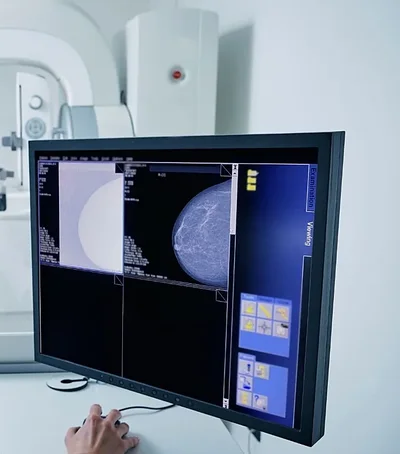
Imagine no longer needing chargers, cables or sockets: just walk, breathe or move, and the energy your body produces is enough to power everyday devices. This futuristic vision is no longer science fiction, but a new field of research that is gaining more and more attention. Scientists are exploring ways in which the human body could be transformed into a biological battery.
How is energy generated by the body?
Our bodies are living machines that generate energy at every moment. Every step creates pressure and mechanical movement, muscles produce heat, and cellular processes generate electricity at the microscopic level. New technologies are trying to harness this potential through sensors and piezoelectric materials — devices that convert body movement or heat into electrical current.
From medical sensors to phones
The first steps of this technology are already being used in medicine. Small devices like pacemakers or health monitoring sensors can be self-charged by the body's energy, avoiding frequent surgical interventions to change batteries. But the horizon is even broader: one day, our phone could receive a basic charge just from daily walking or the heat of our hands.
A future without chargers?
Although the technology is still developing, the vision is clear: a world where devices are no longer dependent on power grids, but on the user themselves. This would reduce the need for large lithium batteries, while also reducing their environmental impact. However, the main challenge remains the amount of energy: at the moment, our bodies produce enough for small devices, but not yet for phones or laptops.
The body as a biological battery is one of the boldest ideas in modern technology, combining biology with engineering. Perhaps in a few decades, we will laugh at the memory of tangled cables, while our devices will be filled with energy simply by being alive.





